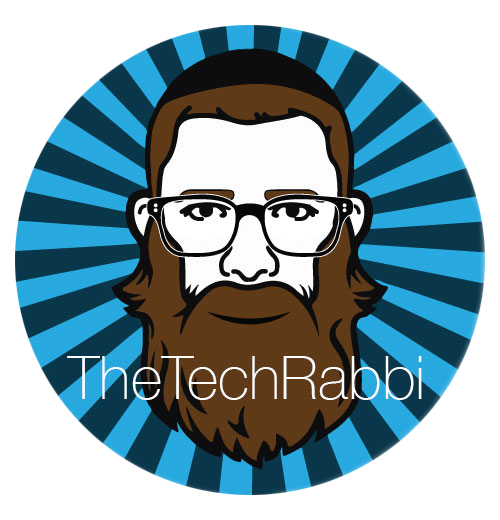Why Collaboration Is The Most Important Skill You Thought You Already Had
As I write the pages that will soon become the book Educated By Design, I feel the need to share my thoughts with hopes to hear your feedback, criticisms, and challenges to help me improve the way this book will help educators, and anyone looking to develop "Creative Awareness" in the work they do.
Let me share a story of an 8th grade class that had a chance to understand and experience true collaboration. Each year this class travels to upstate Washington and embarks on a week long science trip in Olympic National Park, one of the only locations in the world to house tide pools, rainforests, and mile high mount tops. In years past, students experienced nature first hand and documented it in their "science notebook", compiling their thoughts from observations, expert guided tours, and experiments.
Before my second year of chaperoning the trip, I challenged my college, a veteran teacher of 30 years to consider the role of technology in capturing experience and the value that the students could provide to others, especially those unable to visit this spectacular place. To achieve this I proposed that students would create a short nature documentary. This experience would not just teach them valuable skills in media creation and how to package and communicate content, it would also give them an opportunity to experience an authentic collaboration experiences. To be safe, students would still make use of their antiquated journals to ensure that all evidence of learning was documented, just in case that the media experiment failed.
When brainstorming this project, I wanted to ensure that I was thoughtful of the main goal of the trip, and did my best to design an experience that still challenged students to compile acurate and relevant scientific content. To achieve this, I had to view those journals was more than pages of scripted fill-in-the-blank assignments. Rather, these journals contained the ingredients for incredible expression and inspiration that could convert into a medium that would bring others value. To achieve this, we presented students with several roles; a scriptwriter, three camera operators, a director, and a editor. Students understood that they needed to support each other but their roles were critical in the success of the project.
My challenge now was to transform this from a group work oriented project into an authentic collaborative experience that will separate this from just people working together to finish a series of generic tasks
The challenge with developing “collaborative experiences” is that we can fool ourselves into thinking that putting together groups of people intrinsically leads to them leveraging skills and supporting each other. In the cast of this nature documentary it means, that the scriptwriter writes scripts exclusively, or worse everyone writes. Rather everyone should contribute to the writing processes but give the gifted writer of the group a chance to shine.
So I look to the world to see who is setting pace for incredible experiences. That’s when I find myself looking at Silicon Valley and the companies that in many ways are scripting the future with technology. That is when I need to ensure that my empathy lens is in full force because not everything in Mountain View is scalable and appropriate in the world of teaching and learning. Start-up culture is, and in some circles already has become the next glamorized trend in education, and in many cases for the wrong reasons. While that conversation is for a different time, there is one powerful lesson to be learned from the Start-Up space, and that is that everyone brings their unique skills to the table, but more importantly everyone is involved in ensuring the success and growth of other team members. That is collaboration.
So this is what students set out to do; make a great video, learn some new skills, and be supportive of peers.
Did it work?
It depends.
Did they create the next BBC series?
Not quite.
Did they learn valuable new skills and tools that promote collaboration and new mediums of communication?
Absolutely.
Were they engaged in the experience?
From beginning to end they felt there was a purpose to their mission beyond journal writing and busy work. They believed someone was going to watch their short film, enjoy it, and maybe even learn something new. I saw 13 year olds learn how to use Final Cut Pro, a professional video editing suite because they were so inspired by the idea that this could be a medium to share what they know and understand.
Meanwhile the workforce is demanding them, Universities are struggling to develop them, and K-12 is waiting to be asked to develop them.
The challenge with collaboration is that it isn’t an overnight success. It takes years to develop that level of awareness not just of self, but of others. It requires you to know your strengths, and acknowledge your weaknesses. Such a way of thinking is not natural or instinctive, which is why you can have 15 year olds and 50 year olds unable to tell you what they’re passionate about, what they’re good at, or how they can help others succeed and grow. I believe it is without question the role of schools to introduce and nurture these mission critical soft skills starting in early elementary school. While many great models of learning such as Constructivist and Montessori methods promote activity and experience over passive absorption of information, we are still lacking a solid framework to introduce these soft skills to students in a way that progress can be tracked AND that they are finally valued as much as academic knowledge.
The World Economic Forum puts collaboration and working with others at the top of their skill sets to thrive in the #FutureofWork

